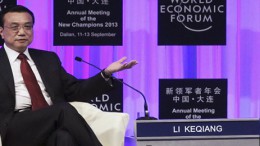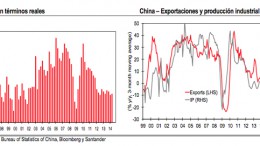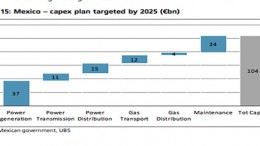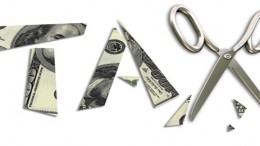LONDON| By UBS analysts | Mexico is the eleventh largest country in the world by population. Yet, when it comes to energy infrastructure and consumption per capita, it ranks poorly especially compared to developed, western regions. The energy policy recently introduced provides a major capex opportunity: about €100bn over the coming ten years. Estimates for EU utilities reach investments of €18bn, which would allow for a potential net income increase of €1.1bn. In this context, most of the companies eyeing the region are from Southern Europe, with Enel and Iberdrola remaining as the sector top picks.







